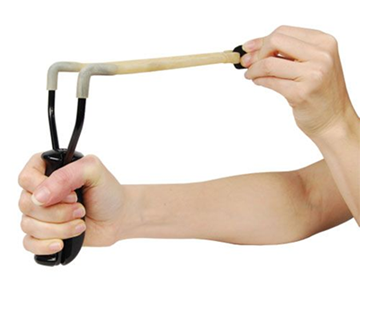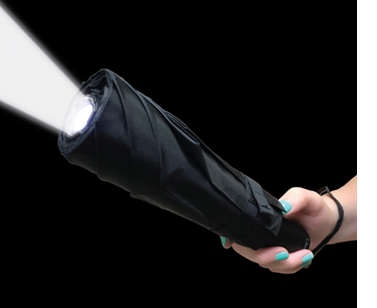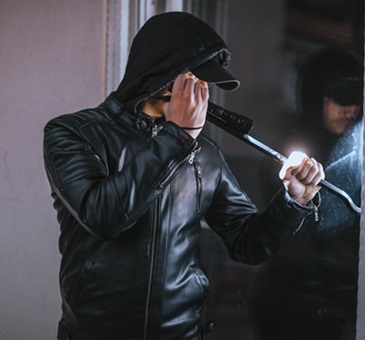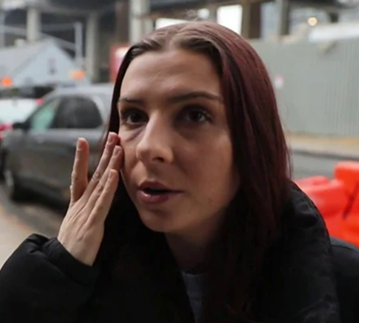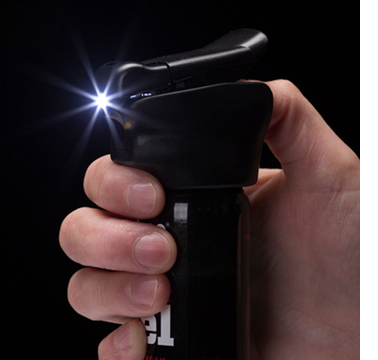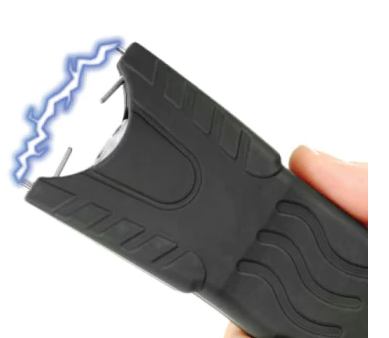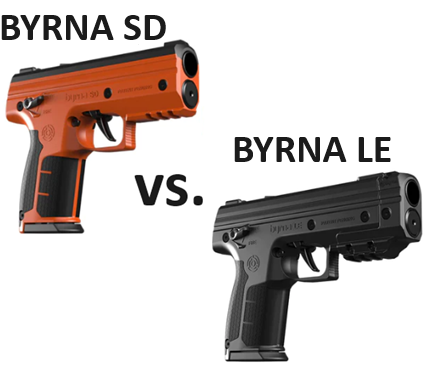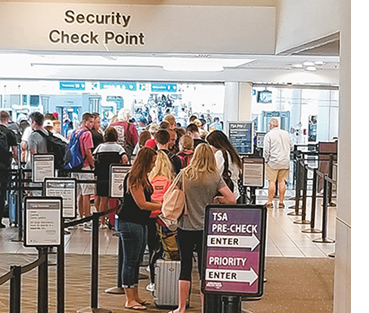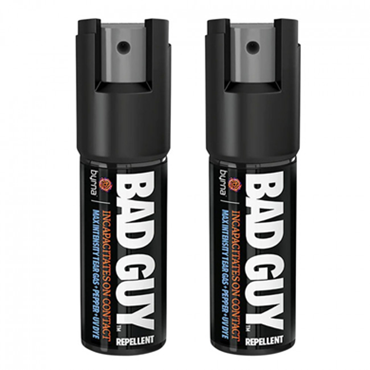Can Pepper Spray Cause Blindness?
 Pepper spray, also known as OC spray (oleoresin capsicum), is a popular self-defense tool used by law enforcement, individuals for personal protection, and even for controlling riots. While it's touted as a non-lethal means of defense, questions often arise about its safety, particularly concerning its potential to cause blindness. In this comprehensive exploration, we'll delve into the science behind pepper spray, its effects on the human body, and whether it can indeed lead to blindness.
Pepper spray, also known as OC spray (oleoresin capsicum), is a popular self-defense tool used by law enforcement, individuals for personal protection, and even for controlling riots. While it's touted as a non-lethal means of defense, questions often arise about its safety, particularly concerning its potential to cause blindness. In this comprehensive exploration, we'll delve into the science behind pepper spray, its effects on the human body, and whether it can indeed lead to blindness.
Understanding Pepper Spray
Pepper spray is derived from chili peppers and contains capsaicinoids, the active compounds responsible for its pungency and heat. When sprayed onto the face of an attacker, it induces intense burning, pain, and temporary blindness by irritating the eyes, skin, and respiratory system. This reaction is a result of the capsaicinoids triggering pain receptors, specifically the TRPV1 receptors, which are responsible for sensing heat and pain.
Effects of Pepper Spray on the Eyes
Pepper spray primarily affects the eyes, causing immediate and intense discomfort. The eyes respond by producing tears in an attempt to flush out the irritant. However, this excessive tearing can exacerbate the pain as it spreads the capsaicinoids across the surface of the eye. Additionally, pepper spray constricts the pupils, leading to temporary blindness or blurred vision.
The severity of the effects depends on various factors, including the concentration of capsaicinoids in the spray, the duration of exposure, and individual sensitivity. While the effects are typically temporary and subside within 20-45 minutes, they can be agonizing and may lead to complications, especially in vulnerable individuals.
Can Pepper Spray Cause Blindness?
The question of whether pepper spray can cause permanent blindness is a contentious one. While temporary blindness is a common and expected outcome of exposure to pepper spray, instances of permanent vision loss are rare. However, it's crucial to acknowledge that the risk of permanent damage exists, albeit low.
Several factors contribute to the potential for permanent eye damage from pepper spray:
-
Prolonged Exposure: Extended exposure to pepper spray increases the risk of damage to the cornea, the transparent outer layer of the eye responsible for focusing light. Continuous irritation and inflammation can lead to corneal abrasions or ulcers, potentially resulting in permanent vision impairment.
-
Pre-existing Eye Conditions: Individuals with pre-existing eye conditions, such as glaucoma or corneal disorders, may be more susceptible to the adverse effects of pepper spray. The presence of these conditions can exacerbate the damage caused by the irritant, heightening the risk of long-term complications.
-
Improper Use: Improper deployment of pepper spray, such as spraying it at close range or directly into the eyes, can intensify its effects and increase the likelihood of injury. Law enforcement agencies and individuals alike must undergo proper training on the safe and effective use of pepper spray to minimize the risk of unintended harm.
-
Allergic Reactions: While rare, some individuals may experience severe allergic reactions to pepper spray, leading to swelling, inflammation, and potential damage to the eyes. These allergic responses can exacerbate the risk of permanent vision loss, especially if not promptly treated.
Mitigating the Risks
To mitigate the risks associated with pepper spray use, several precautions should be taken:
-
Choose the Right Formula: When purchasing pepper spray, opt for formulations with lower concentrations of capsaicinoids, as they are less likely to cause severe reactions. Additionally, consider products specifically designed for civilian use, which are formulated to be less potent than those intended for law enforcement.
-
Aim for the Perpetrator's Lower Body: When using pepper spray in self-defense situations, aim for the perpetrator's lower body, such as the chest or legs, rather than targeting the face. This reduces the risk of unintended harm while still effectively incapacitating the attacker.
-
Flush Eyes Immediately: If your eyes are exposed to pepper spray, immediately flush your eyes with cool water for at least 15 minutes and seek medical attention if necessary.
- Seek Medical Attention: In the event of exposure to pepper spray, particularly if experiencing severe symptoms or prolonged discomfort, seek prompt medical attention. Healthcare professionals can assess the extent of the injury and provide appropriate treatment to minimize the risk of complications.
-
Follow Proper Decontamination Procedures: If exposed to pepper spray, follow proper decontamination procedures to flush the irritant from the eyes and skin. Rinse the affected areas with copious amounts of water and avoid rubbing the eyes, as this can worsen the irritation.
Conclusion
While pepper spray is generally considered a safe and effective means of self-defense, it's not without risks, particularly concerning its potential to cause blindness. While instances of permanent vision loss from pepper spray are rare, they are not impossible, especially in cases of prolonged exposure or pre-existing eye conditions. As such, individuals should exercise caution when using pepper spray and prioritize safety at all times. By understanding the risks and taking appropriate precautions, we can ensure that pepper spray remains a viable tool for self-defense without compromising the well-being of ourselves or others.
See cost of Pepper Sprays and Pepper Guns




